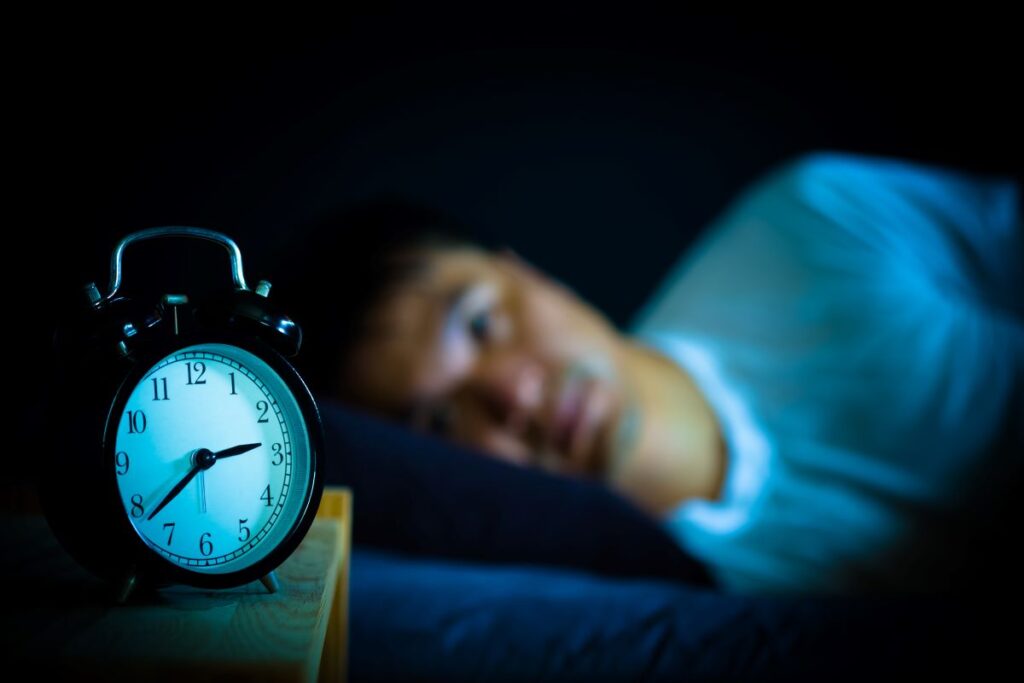
When it comes to recharging the body and staying awake and alert during the day, there’s nothing more important than sleep. To function properly, the CDC recommends that adults get between seven and eight hours of uninterrupted shuteye each night, but for those with obstructive sleep apnea (OSA) and central sleep apnea (CSA), getting the minimum hours of required rest can be a big challenge.
CSA and OSA occur when you struggle to breathe as you sleep. With CSA, your brain fails to signal your body that it needs to continue to breathe, while with OSA, your airway collapses while you are in a reclined position, making it harder to inhale and exhale.
The Dangers of Sleep Apnea
The most well-known dangers of OSA and CSA are the inability to breathe properly and the toll that takes on uninterrupted sleep, however there are many other potential problems that can occur if your sleep apnea is not treated.
One common question many people have is wondering if it’s possible to die from sleep apnea. While dying from lack of breathing due to CSA or OSA is very rare, there is still a risk of sudden death from these disorders. However, this is most commonly attributed to other conditions that you may have in addition to sleep apnea.
Comorbid Conditions and Sleep Apnea
A comorbid condition is defined as when you have two medical conditions at once. Comorbidities are usually chronic and may or may not affect each other. With sleep apnea, common comorbid conditions include:
- Diabetes
- Stroke
- Hypertension
- Alzheimer’s Disease
- Abnormal heart rhythm
- Heart Attack
When any of these conditions are present with sleep apnea, this can make both worse, and raise your risk of dangerous side effects from each. Thus, it’s extremely important to take all of your medical issues seriously and maintain proper treatment under medical supervision.
Lowering Your Risk of Danger from Sleep Apnea
Whether you have any other medical conditions or not, it is imperative that you treat your sleep apnea and take the condition very seriously. Many patients are initially prescribed CPAP (continuous positive airway pressure) machines to use each night, but not everyone requires this level of intervention. For individuals with mild sleep apnea or who don’t like using a CPAP, a sleep oral appliance can be extremely beneficial.
Custom made at your dentist’s office, these devices are molded to fit your individual mouth and are designed to comfortably open your airway manually, so there’s no need for masks, machinery, or forced air.
Don’t Sleep on This!
If you struggle with OSA or CSA and are looking for an alternative to CPAP therapy, speak to your dentist and see if you are a good candidate for a sleep oral appliance. Don’t deny your body the rest it deserves!
About Dr. Nelson
Dr. Jay A. Nelson and the team at Nelson Dental Sleep Medicine in Wesley Chapel want you to get a good night’s rest! More than a decade ago, Dr. Nelson switched his focus solely to sleep medicine, and his expertise in the field has helped countless patients breathe easier ever since.
Dr. Nelson is accredited by the American Academy of Craniofacial Dental Sleep Medicine (AADSM), and he is a diplomate of the American Board of Dental Sleep Medicine. To learn how Nelson Dental Sleep Medicine can help you get back to sound, quality sleep, visit our website or call us at 813-694-1580.
